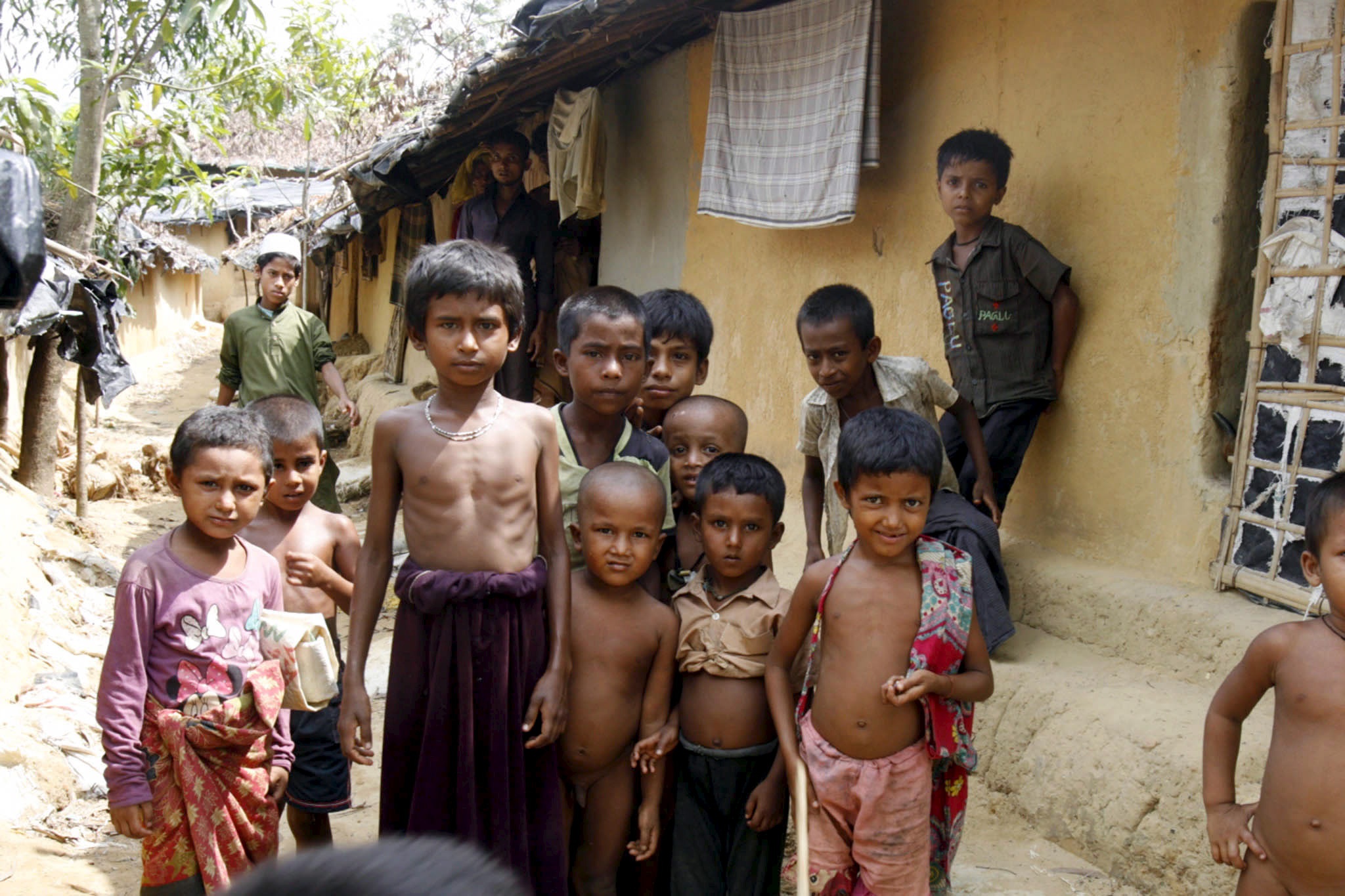The resettlement of refugees from Middle Eastern countries, particularly Syria, has been the center of a heated political debate after President Barack Obama last year pledged to resettle at least 10,000 refugees from the war-torn country in the United States.
But refugees from Burma, whose leader Aung San Suu Kyi visited Washington last week, have quietly outpaced Syrian arrivals in recent years, even as Syria’s civil war intensifies, with an increasing number coming from the marginalized Rohingya Muslim community, according to State Department figures.
From 1 October 2015 to 15 September, 11,902 Burmese nationals were resettled in the United States, according to figures from the Refugee Processing Center, operated by the State Department, compared to 11,598 arrivals from Syria over the same time period.
That was out of a total of nearly 79,600 refugees who arrived in the United States in that period. The largest group, numbering just over 15,000, were from the war-torn Democratic Republic of Congo. Arrivals from Syria, where Islamic State and other radical groups are active, are subject to additional screening processes, according to the White House.
State Department figures show the number of Rohingya arrivals from Burma jumped from just over 650 in the 2014 fiscal year, to 2,573 last year. This year, 2,173 have arrived as of 15 September.
During a meeting with Suu Kyi in the Oval Office last Wednesday, Obama announced that the United States would remove sanctions originally imposed on the country in 1997, when it was ruled by a military junta that brutally suppressed pro-democracy movements and showed little regard for human rights. The decision raised alarm among rights groups, who are concerned about the plight of the stateless Rohingya among other ethnic minorities.
The Rohingya have long been persecuted in Burma, where they are viewed largely as illegal immigrants from Bangladesh though many have lived in the country for generations.
Increased freedom of speech since the military stepped back from direct rule in 2011 has allowed for the unleashing of long-held anti-Muslim sentiment.
Around 125,000 remain confined to temporary camps in Burma‘s Arakan State following waves of deadly violence in 2012 between Buddhists and Muslims. Most were stripped of their ability to vote in last year’s election.
Most Rohingya tend to come to the United States after spending years in Muslim-majority Malaysia and being granted refugee status by the United Nations.
[related]
Melineh Kano, executive director of RefugeeOne, a resettlement agency in Chicago, which is home to one of the largest populations of Rohingya in the United States, said Rohingyas made up more of the total number of refugees arriving from Burma to the city recently.
“The number has increased considerably over the past year, year and a half,” she said.
Nasir Bin Zakaria, who founded the Rohingya Culture Center in Chicago, estimates that there are just over 1,000 Rohingya in the city. He fled Burma after being forced to work as a porter when he was 16-years-old, he said.
Obama has also called for Burma to end the persecution of Rohingya in order for it to succeed in its democratic transition, a key achievement of his foreign policy agenda.
Nasir Bin Zakaria said that the ability to move around freely and legally made life in Chicago far better than in Burma or Malaysia, but it is not without its own challenges for refugees. The city of 2.7 million is struggling with a surge of killings, with 509 murders this year, according to the Chicago Police Department.
Newly arrived children from refugee families, unfamiliar to the United States, are an enticing target for gangs looking to recruit, said Kano of RefugeeOne.
“When we are selecting neighborhoods we have to be very careful about the crime rate and gang recruitment, because the majority of refugees come with kids,” she said.
“You either join or you get beaten up.”



